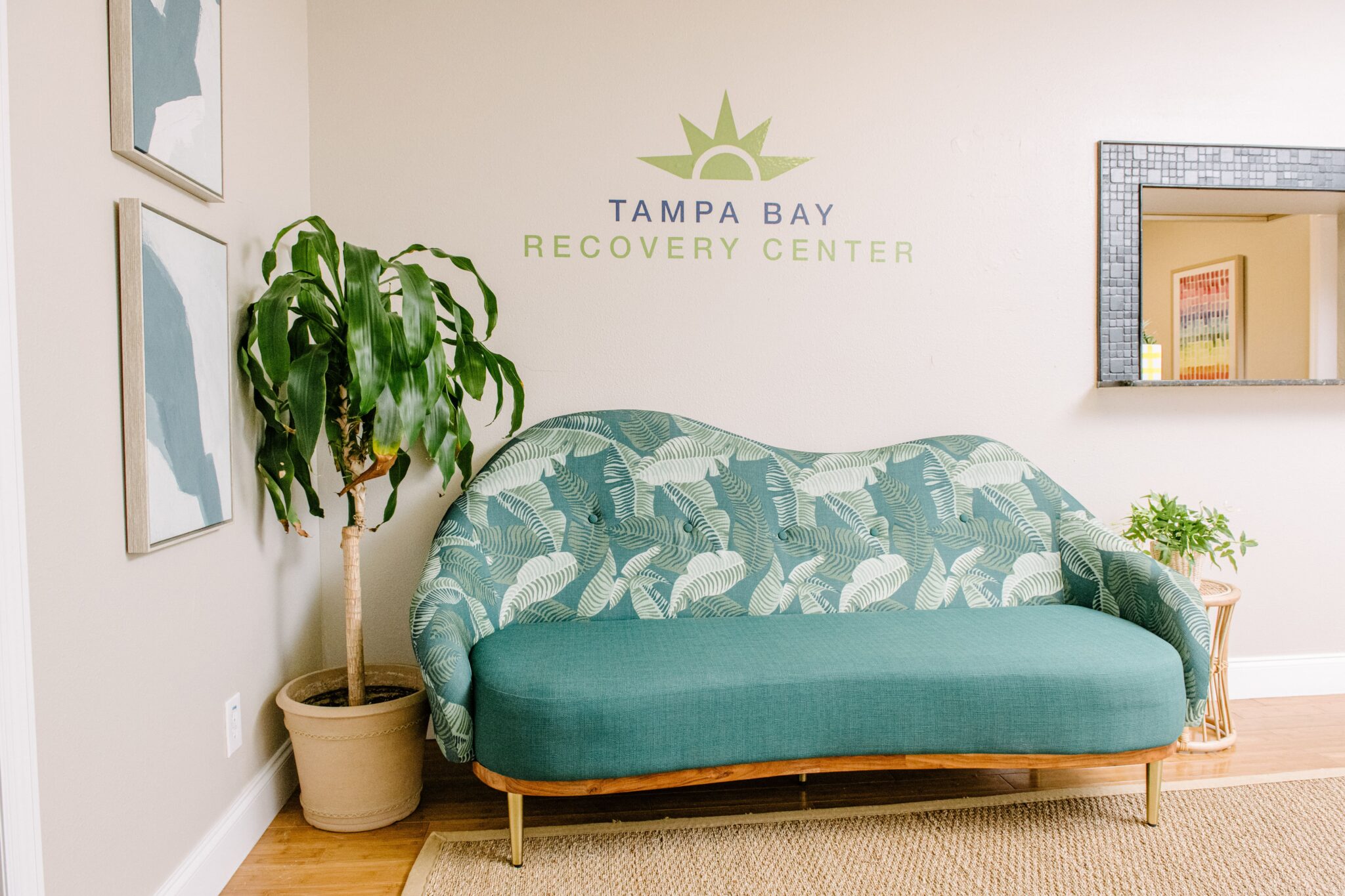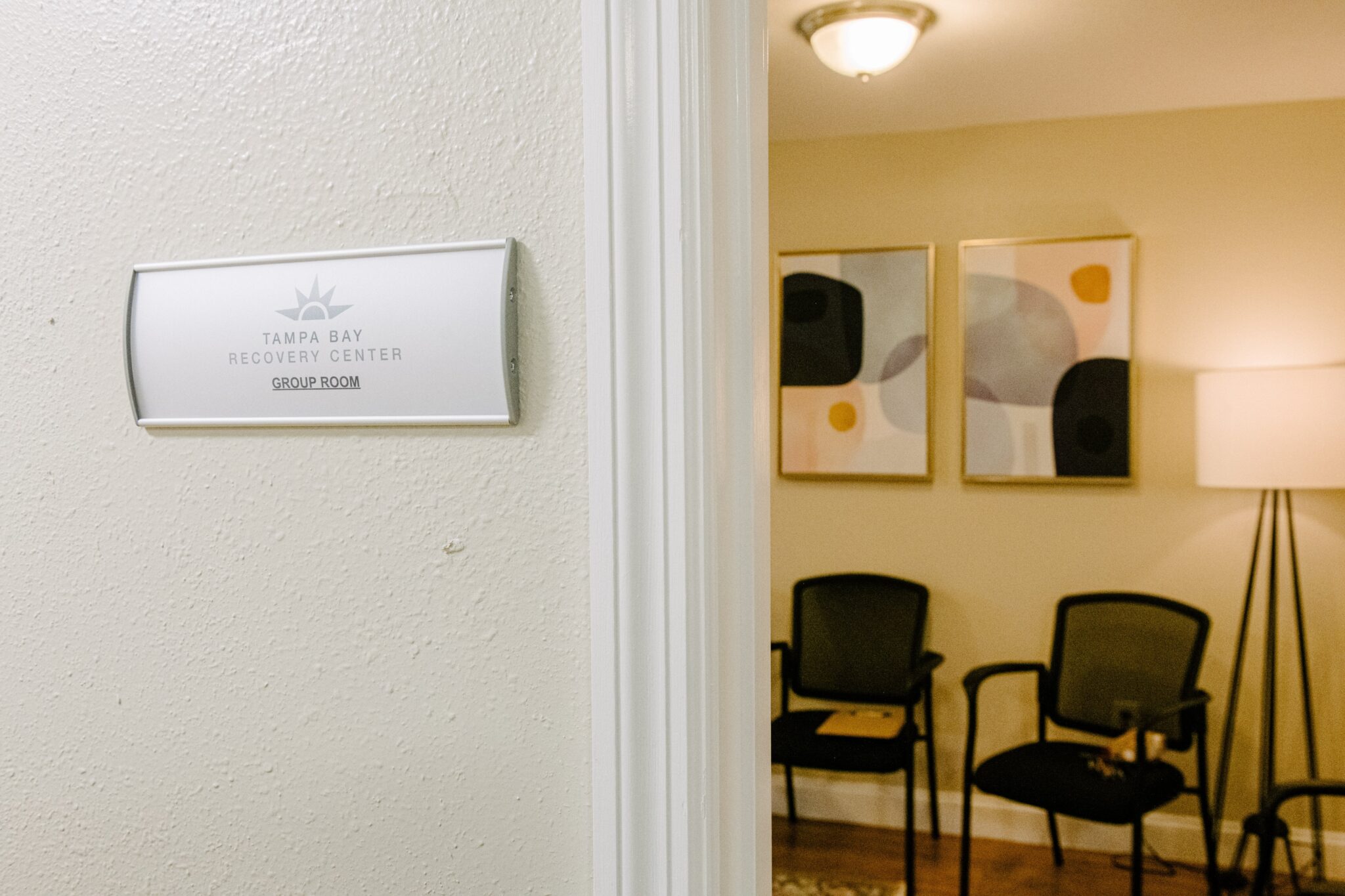Home Consequences of Being Baker Acted

Understanding the Florida Baker Act: Involuntary Mental Health Treatment
The Florida Baker Act allows family members and others to initiate emergency mental health care for individuals who are unable to make sound decisions due to a mental illness. When a person’s mental state poses a danger to themselves or others, this law enables a mental health examination and, if necessary, involuntary treatment. While some people hesitate to use the Baker Act due to the potential consequences, in certain cases, it may be essential to prevent harm.
What Is the Florida Baker Act?
The Baker Act allows individuals to petition for a loved one’s involuntary mental health evaluation if the person poses an imminent threat to themselves or others. It’s used in mental health emergencies, such as suicidal behaviors or violent threats, when the individual is unable to care for their basic needs or poses harm to others.
The Baker Act can be initiated by family members, law enforcement, or concerned individuals in cases like:
- Severe mental illness preventing self-care.
- Hallucinations leading to potential harm.
- Suicidal threats or behaviors, especially when the person has the means to act on them.
- Severe depression where the person no longer cares for themselves or dependents.
However, it’s important to note that the Baker Act cannot be used in cases where the person refuses treatment but does not pose an immediate life-threatening risk. Additionally, the Baker Act addresses mental illness and cannot be used for situations involving only substance abuse without a mental health emergency.
What Happens When Someone Is “Baker Acted”?
To be Baker Acted means that someone else has initiated the process for the person to receive involuntary mental health care. This process can be started by family members, coworkers, or friends but must be enforced by a judge, law enforcement officer, or mental health professional.
Once initiated, the person will be involuntarily held for up to 72 hours for a mental health evaluation. During this time, several outcomes are possible:
- A mental health professional may determine the person does not pose a threat, and they are discharged.
- The individual may recognize the need for care and voluntarily agree to enter treatment.
- The evaluation may conclude that the person meets the criteria for involuntary treatment, in which case they are placed into an appropriate program.
The Baker Act ensures that individuals aren’t institutionalized unnecessarily and protects their rights while addressing the immediate risk posed by their mental health crisis.
How to Know When to Initiate the Baker Act
Deciding whether to initiate the Baker Act can be challenging, but the person in question must meet certain criteria for it to be appropriate. They must be unable to make rational decisions about their mental health needs and pose a danger to themselves or others.
Consider the following questions to determine if the Baker Act is necessary:
- Is the person threatening violence due to mental illness symptoms like hallucinations or paranoia?
- Are they showing suicidal behaviors or engaging in self-harm that endangers their life?
- Are they unable to care for themselves in a way that threatens their survival, such as refusing food or water?
- Is their mental illness affecting their ability to care for others, such as children or elderly family members?
If the answer to these questions is yes, and the behavior is due to a mental illness, the Baker Act may be appropriate. In emergencies, call 911 or emergency services, and law enforcement can assist with deciding whether the Baker Act is required.
Baker Act vs. Marchman Act
Both the Baker Act and the Marchman Act deal with involuntary treatment, but they focus on different issues:
- The Baker Act addresses mental illness and the danger posed by individuals unable to care for themselves.
- The Marchman Act targets substance abuse issues that make a person a threat to themselves or others.
While the procedures are similar, the key difference lies in the type of emergency—mental health vs. substance abuse.
How Does the Baker Act Process Work?
The Baker Act process ensures that a person is evaluated when their mental health prevents them from making rational decisions, and their behavior threatens safety. The steps include:
- Signs of mental impairment must be evident, often in the form of psychosis or a similar condition that prevents rational decisions.
- The person must refuse a voluntary examination. If they agree to an evaluation voluntarily, the Baker Act is not necessary.
- A court order is obtained to mandate the individual’s mental health examination. Law enforcement may take the person into custody for evaluation.
- A court hearing determines whether the person is incapable of making sound decisions regarding their mental health.
- A qualified mental health professional evaluates the person to determine if involuntary treatment is required. Two professionals must conduct the exam within 72 hours.
- Based on the evaluation, the person may be discharged, agree to voluntary treatment, or be admitted to a facility for involuntary treatment.
Consequences of the Baker Act
The Baker Act doesn’t always result in involuntary treatment. However, it can be a critical step in preventing harm. In some cases, it provides the opportunity for a person to receive necessary care even if they initially resisted it. The evaluation process can help resolve dangerous situations or prompt individuals to seek voluntary treatment.
Seeking Mental Health Treatment in Tampa
If you’re considering initiating a Baker Act for a loved one, it can be a difficult decision. However, it may be a necessary step to ensure their safety and well-being. At Tampa Bay Recovery Center, we offer comprehensive mental health and dual diagnosis services for those in need of professional care. Contact us today to start the process of getting help for yourself or a loved one.
Contact us today to learn more about the Baker Act and how we can assist with mental health treatment.
Additional FAQs:
- How long does a Baker Act last?
A Baker Act lasts for 72 hours, during which a person undergoes evaluation to determine the need for further treatment. - What happens after a Baker Act?
After evaluation, the person may be released, voluntarily enter treatment, or be involuntarily placed into a treatment facility if they meet the criteria. - Can someone refuse a Baker Act?
If a person refuses voluntary evaluation and poses a danger due to their mental illness, they can still be Baker Acted. - Do you have to pay for the Baker Act?
Costs for treatment may apply, depending on insurance coverage and other factors.
Take Back Control:
Contact Us Now
Addiction and mental health disorder effects the lives of millions of Americans each year. Contact Creekside Recovery Group today to get the help you deserve.
TOUR
Tour Our Outpatient Detox Facility
Call 813-733-8774
Insurance Can Cover Up to 100% of costs
We Accept Most Insurance. Please Note We Are Not Affiliated With Or Endorsed By Insurance Companies.
CONTACT US
We Are Always Here For You
Our compassionate team is ready to assist you—contact us now for confidential support tailored to your needs!











